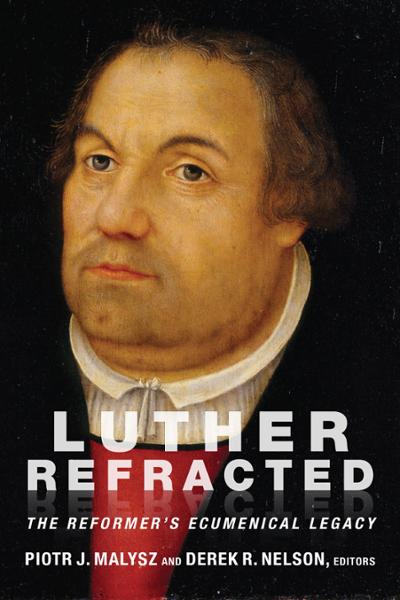Luther Refracted: The Reformer's Ecumenical Legacy
Luther Refracted speaks to the currency that Luther’s life and thought continue to enjoy in today’s Christian reflection. The contributors, representing a variety of Christian denominations, demonstrate Luther’s lasting impact on their own traditions and, together with the Lutheran respondents, encourage a fresh understanding of the Reformer. In their at times vigorous engagement, Luther’s legacy comes to light not only as variously received but also as contradicted, and transformed, only to reemerge as a fruitful leaven for further thought and transformation. All the essays presented here witness to Luther’s significance as a formidable doctor ecclesiae, a teacher of the church.
Contributors include:
Matthew Myer Boulton, Christian Theological Seminary
Brian Brewer, Baylor University
Anna Case-Winters, McCormick Theological Seminary
Paul R. Hinlicky, Roanoke College
Matt Jenson, Biola University
Piotr MaÅ?ysz, Beeson Divinity School
Ian McFarland, University of Cambridge
Derek Nelson, Wabash College
Ted Peters, Pacific Lutheran Theological Seminary David Tracy, Emeritus, University of Chicago
David Tracy, University of Chicago
Jared Wicks, SJ, Pontifical College Josephinum
Susan Wood, SCL, Marquette University
Johannes Zachhuber, University of Oxford
Randall C. Zachman, University of Notre Dame
$44.00
